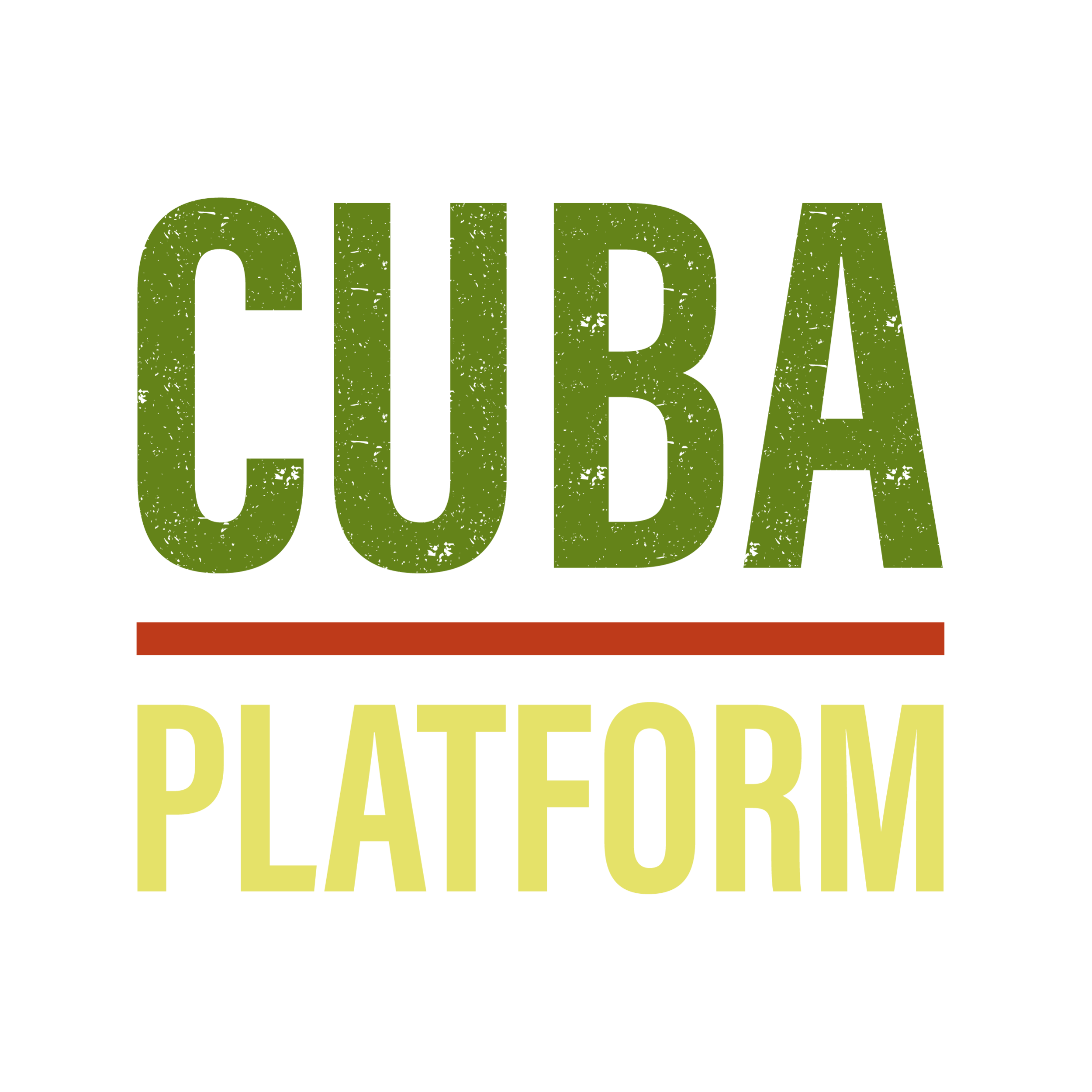Caring in Crisis: Creativity and the Future
From REUTERS/Alexandre Meneghini: "Siblings Leticia Silva and Alejandro Silva, both dancers, perform for a TV camera (not pictured) in their apartment amid concerns about the spread of the coronavirus disease (COVID-19), in Havana, Cuba.
Dear Friends and Colleagues,
This week, Cuba is among the countries in which cases of COVID-19 appear to be dropping. Although this brings some hope, it also raises questions: To what degree can a country experience relief while the pandemic continues to create new hotspots, globally? And, what will Cuba’s (or any country’s) path toward prosperity and sustainability look like in a newly configured global economy?
In Week 9 of our Caring in Crisis newsletter, we share updates on Cuba’s first steps to recovery and link to reflections on what the future may hold.
Cuba and COVID-19
This Wednesday, Cuba reported the lowest number of infections since March 22 (6 confirmed cases). As of today, the Ministry of Public Health has reported 1,840 confirmed cases, 913 hospitalized patients, 2,947 under surveillance, 1,425 recovered, and 79 lives lost. Seven out of 15 Cuban province report 0 covid-19 patients hospitalized, and Villa Clara province reported no confirmed cases for the third consecutive day. Cuban scientists have announced the adaption of existing SUMA (Ultra Mircro Analytical System) technology to test for COVID-19. SUMA is already used for various purposes in the country (including newborn health screenings), so a network of SUMA laboratories already exists in each province, and will allow for extension of testing to asymptomatic individuals. As Senior Atlantic Fellow and Cuban doctor Jorge Llibre comments:
“By expanding testing to asymptomatic cases, the Cuban public health system is closer than ever to successful control. The new testing platform will make possible a quick identification of cases and immediate isolation. Furthermore, testing is also essential in the bigger public health picture by helping researchers characterize the prevalence, spread, and contagiousness of the disease within the Caribbean island, providing new data about disease spread in tropical climates, which we still have many unanswered questions about. Last but not least, the new test is developed and produced nationally, which will decrease the cost of testing; an important need for an already fragile and heavily impacted economy.”
Stop U.S. Sanctions
Reuters reported yesterday that the Trump Administration is considering returning Cuba to the "black list" of state sponsors of terrorism; a devastating move that would continue to roll-back the diplomatic work undertaken between Cuba and the U.S. during the Obama Administration.
Internationalism and Cooperation
China and Cuba are collaborating on the first joint biotech park to research, develop, producem and market Cuban drugs of proven efficacy and worldwide recognition. A Vietnamese company made a donation of 100 tons of rice for Cuban healthcare workers.
Creativity and The Future
Around the world, people are asking themselves and each other what their countries should look like in the future, and considering how to push forward ideas about care and solidarity in the economy. We are looking toward the work of friends and colleagues who participated in recent Cuba Platform convenings for inspiration on these fronts: Professor Bev Skeggs has announced a new platform for tracking stories and experiences from the pandemic; john a. powell continues to call on all of us to embrace interconnectivity and equality; and the Nelson Mandela Center – in partnership with Atlantic Fellows for Racial Equity – is drawing on South Africa’s history of solidarity to raise funds and create an Each One Feed One project for food security during COVID-19.
In Cuba, ideas are bubbling as well. An article in Harvard’s ReVista magazine describes the cultural creativity occurring in Cuba during the epidemic and overviews debates on how the crisis could actually be taken as a chance to make improvements. Rafael Hernández, of Temas Magazine in Havana, writes about the opportunity that the pandemic provides for the government to demonstrate it’s capacity for quick responses and planning, and discusses the unprecedented new context of communication between government, leaders, institutions, communities, and individual citizens. Meanwhile, although social isolation has cancelled various events including May’s annual gay pride celebrations, Cubans are continuing to discuss LGBTQ rights in a virtual forum, and Cuban men joined an online forum on machismo and COVID-19 this month.
Nayvis Diaz, founder of VeloCuba and Ha Bici, leaves us with these hopeful words (from an interview with CubaEmprende) about what she sees for Cuba post-COVID-19:
I am a positive thinker. Looking at how we [Cubans] have handled COVID-19 internally, and the work that Cuba has carried out around the world, I think that – even with the pain we feel for those we have lost to the disease – we will emerge from this stronger. Despite the social distancing we’ve had to implement for a long time now, Cubans will be more sensitive toward nature, interpersonal relationships, and life. We have internalized a desire to move forward, to place greater demands on ourselves personally and collectively, to understand the values this experience has left us with, to think responsibly, and to bet on this land where we were born.
Take care and stay well,
Sarah, Justine, Mariakarla
Comic by Grafica Lema from Cubadebate. Translation: Now that he's expecting a curve, pitch him a fastball down the the middle!


